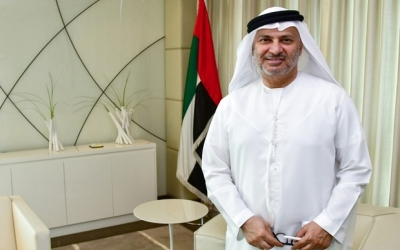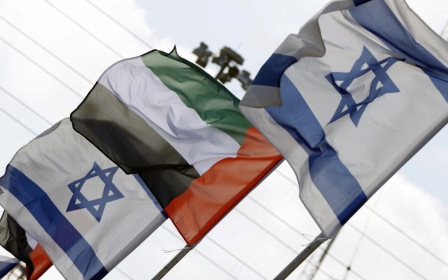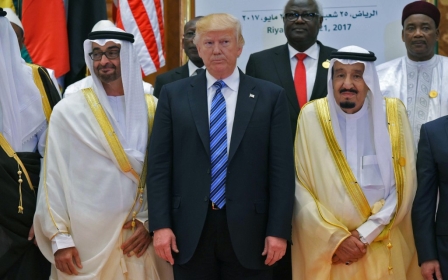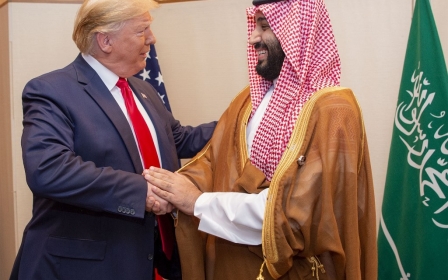No normalisation with Israel without Palestinian state, Saudi royal says
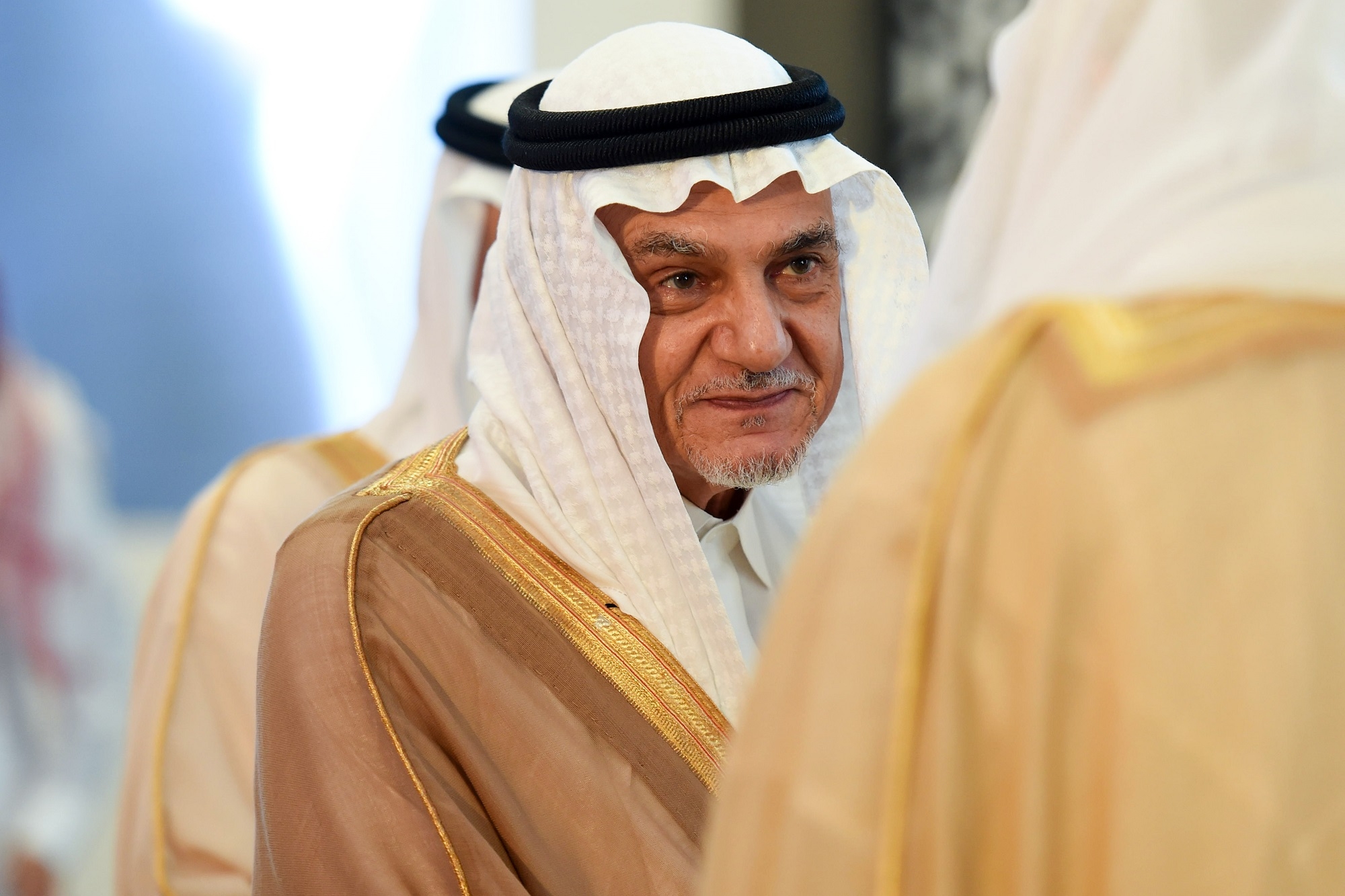
Senior Saudi royal Turki al-Faisal has ruled out normalising relations with Israel before the establishment of a Palestinian state with Jerusalem as its capital, contradicting claims by US officials that Riyadh was close to opening formal ties with the Israeli government.
In a column published in Asharq Al-Awsat on Friday, the Saudi prince defended the UAE's decision to strike a diplomatic deal with Israel, but suggested that Riyadh was not notified of the agreement ahead of its announcement last week.
"The United Arab Emirates surprised us by agreeing to a deal with the United States and Israel," Prince Turki wrote. But he added that Abu Dhabi had the right to make sovereign decisions that it sees as beneficial for its people.
His remarks come a day after senior Emirati diplomat Anwar Gargash said the UAE did not consult with its allies before the deal was made public by the White House.
"We did not discuss this deal prior to the announcement with any of our friends - none of them, no Arab country, nobody - because we clearly thought that this will actually jeopardise the deal," Gargash told the Atlantic Council on Thursday.
In his column, Prince Turki denounced Turkey, Iran, Qatar and the Palestinian Authority for rejecting the UAE-Israel deal.
'High price'
Despite appearing to back the agreement, the Saudi royal said Arab countries should demand a "high price" for normalising ties with Israel.
"The kingdom of Saudi Arabia has set a price for achieving peace between Israel and the Arabs - the establishment of a sovereign Palestinian state with Jerusalem as its capital," he wrote.
Prince Turki al-Faisal has previously served as the kingdom's spy chief and ambassador to Washington. He is the son of King Faisal, who was assassinated in 1975, and the brother of the late Saud al-Faisal, the foreign minister who led Saudi diplomacy for 40 years.
US President Donald Trump and his top aides have hailed the normalisation agreement between the UAE and Israel as an historic achievement, with US officials predicting that Saudi Arabia would follow suit.
"I do think that we have other countries that are very interested in moving forward," Trump's son-in-law and top adviser Jared Kushner said last week.
"And then, as that progresses, I do think it is an inevitability that Saudi Arabia and Israel will have fully normalised relations and they will be able to do a lot of great things together."
Prince Turki noted in his column that the UAE deal helped Trump's re-election chances.
"The gain that has not been discussed [enough] in this debate is that the leader of the most powerful country in the world leaned on the United Arab Emirates to get something that would help him in his election efforts, and [the UAE] conditioned that on stopping the annexation," he wrote.
Israel had agreed to "suspend" its plans to annex large parts of the West Bank as part of the agreement with the UAE, but Prime Minister Benjamin Netanyahu repeatedly said during the past week that the annexation scheme was still on the table.
Middle East Eye propose une couverture et une analyse indépendantes et incomparables du Moyen-Orient, de l’Afrique du Nord et d’autres régions du monde. Pour en savoir plus sur la reprise de ce contenu et les frais qui s’appliquent, veuillez remplir ce formulaire [en anglais]. Pour en savoir plus sur MEE, cliquez ici [en anglais].


